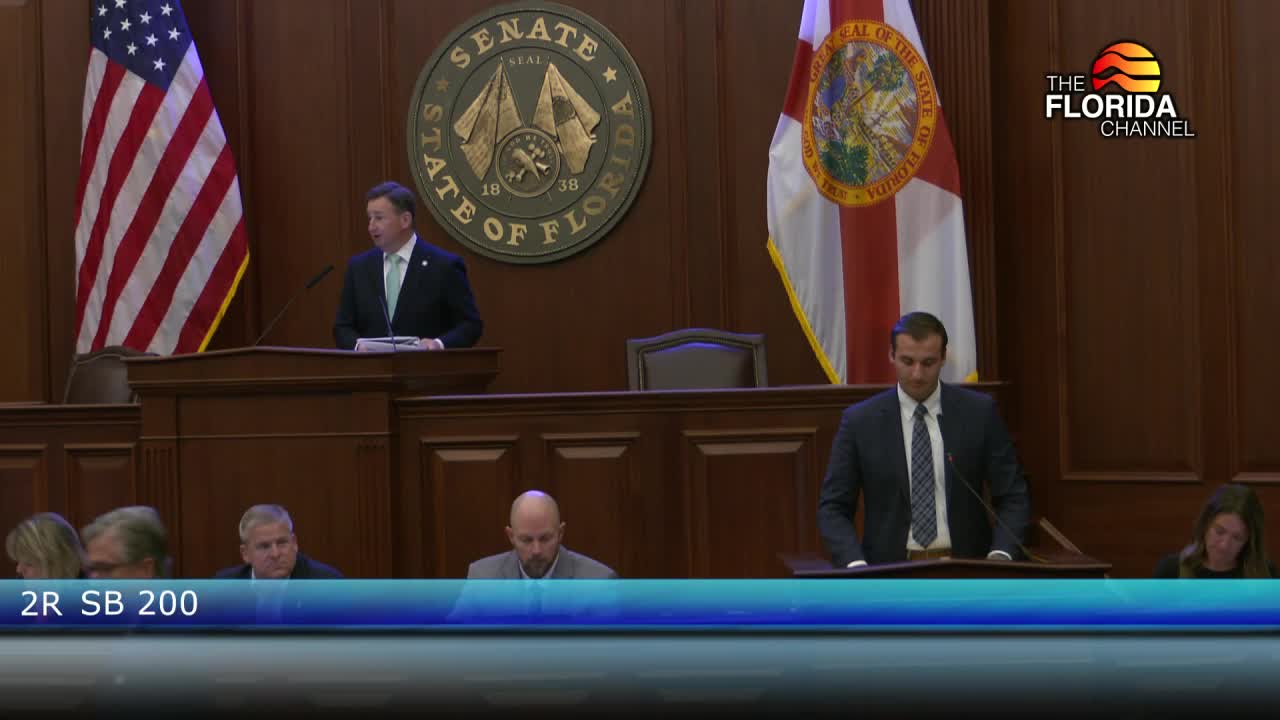Article not found
This article is no longer available. But don't worry—we've gathered other articles that discuss the same topic.
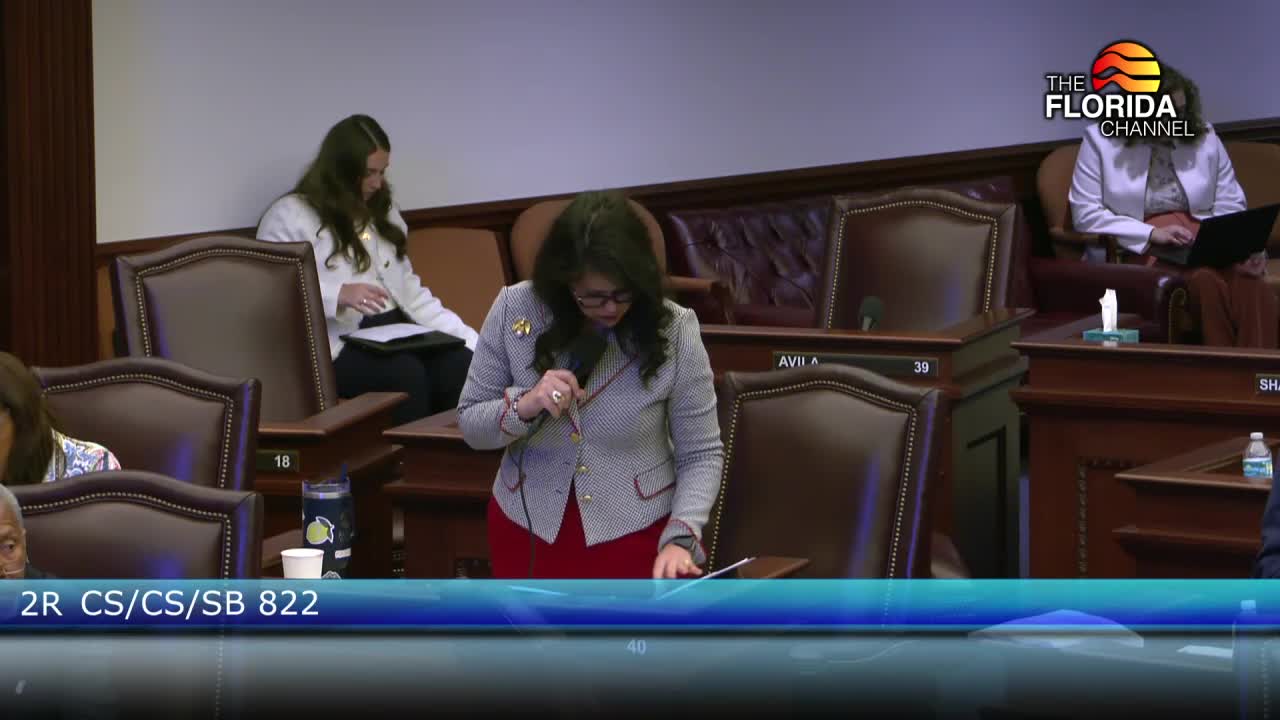
Senate endorses bill allowing gold and silver coin as recognized legal tender pending agency rules
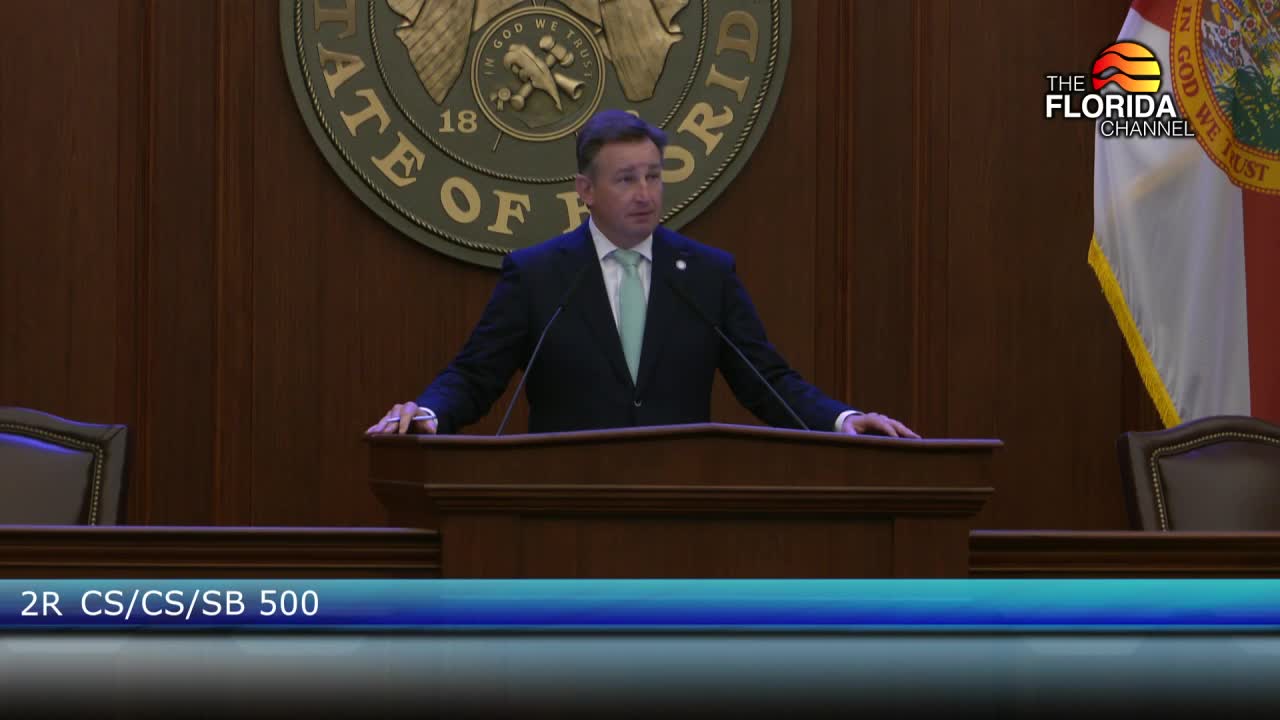
Senate OKs 'Spectrum Alert' to help find missing children with autism
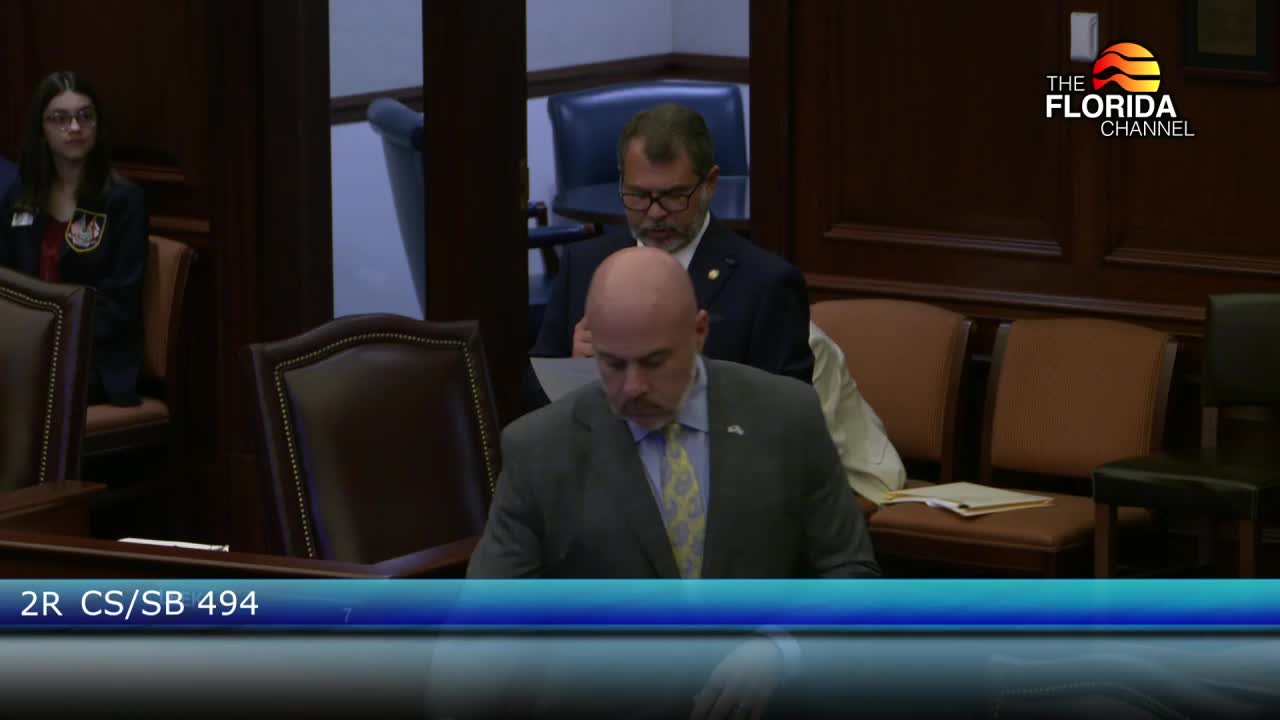
Senate passes tougher sentencing and searchable FDLE database for aggravated animal cruelty
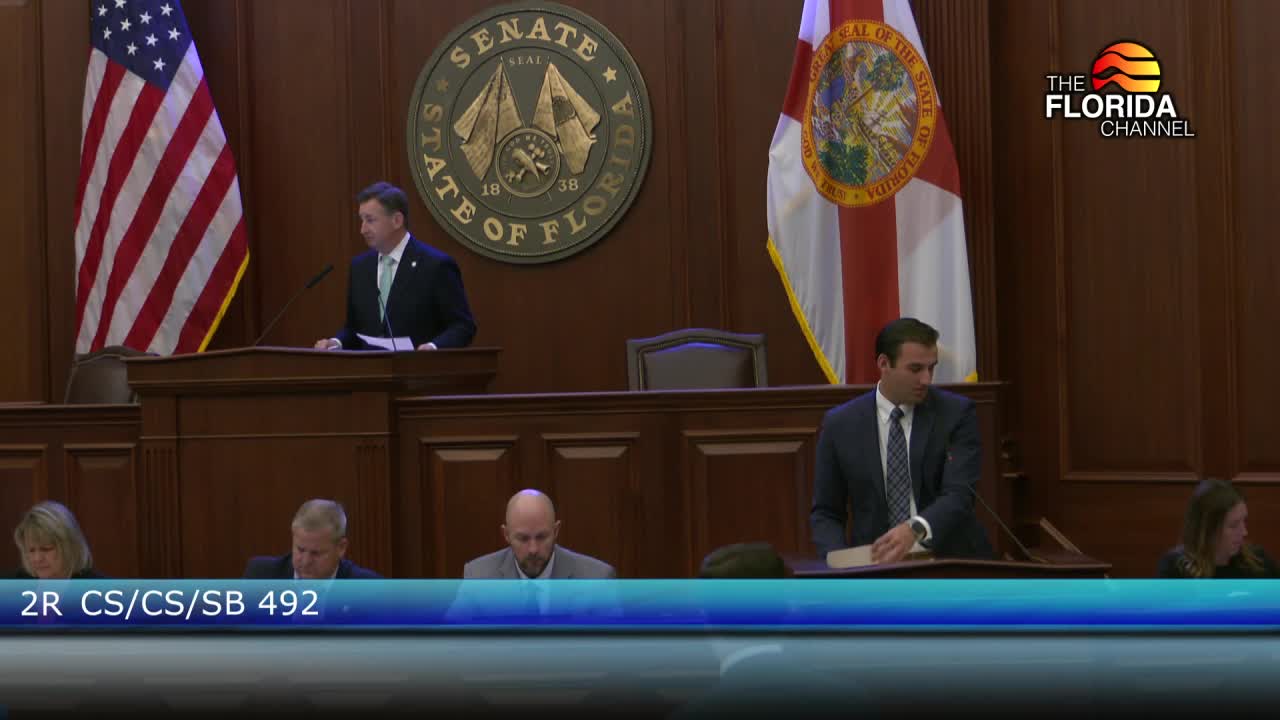
Senate adopts new rules for mitigation banking and credit accounting amid litigation concerns
